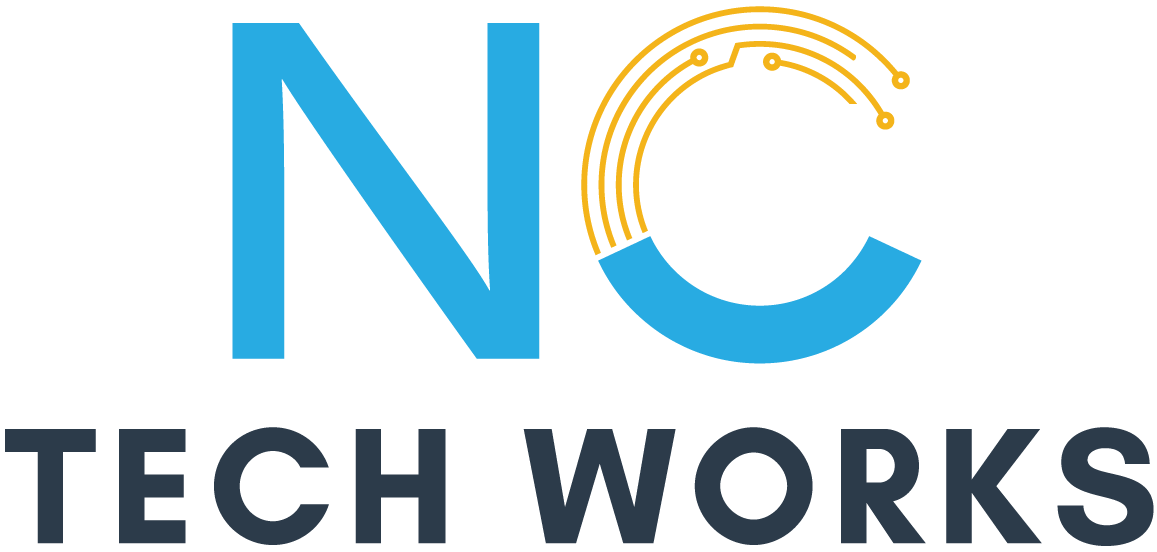Closing Out a Conversation
Keep track of time during your conversation and save a few minutes to formally close out your conversations with others. You can summarize what you've talked about and ask if there are any questions. If you don't have time to address questions, start with them at your next meeting. You can also try to answer the question with a short email. If you can't cover a question in a short email, save it for your next conversation. Emails should be short and specific.
Take time to identify clear action steps that both of you are going to take following the conversation. Write them down on paper or in a digital document. Make sure you both understand the action steps, who is responsible for them, and when they need to be completed. A good action step for most of your conversations will be scheduling your next meeting. Note: You might want to make quick notes after you work with someone so you will know where to begin at your next session. When you start helping lots of people, it can sometimes get confusing. Use the chart below to help you.
Some coaches or teachers use the strategy of asking for feedback on their conversations. You can ask a question such as, "How has this conversation been helpful?" This can give you ideas on what to do in your next conversation. And maybe what not to do.
Don't forget to thank your conversation partner! Saying "thank you" in some way is simply good manners. Always thank your conversation partner for taking the time to talk with you, especially if the conversation took a while to process or had to get into unfamiliar or challenging areas.
